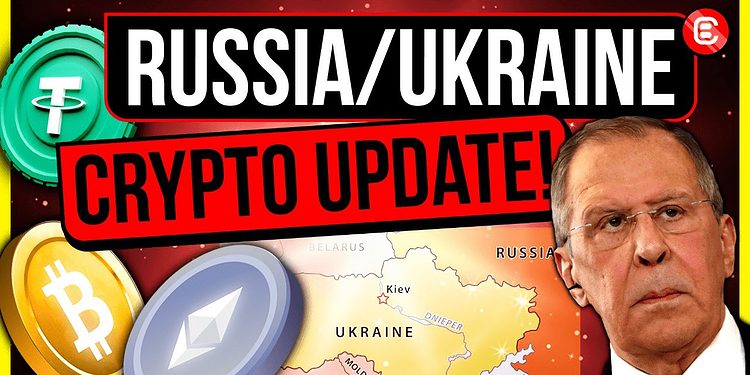It is now day 13 since Russia’s invasion of Ukraine, and uncertainty still hangs thick in the air. This is our next installment in our Russia/Ukraine series, where we bring you the latest updates from the war which are affecting the global markets.
TL;DR:
- Russia states its demands.
- Zelensky stands his ground.
- Wheat goes parabolic.
- Oil prices may not be reflective of reality.
Russia has finally given some clarity over its demands from Ukraine, stating that they are neither looking to overthrow the country, nor take Kyiv by force.
Instead, it claims it will stop the war immediately if Ukraine accepts (amongst others) the following demands:
- Ukraine must change its constitution to include the provision that it will not join NATO, the EU or any other blocs.
- Ukraine must recognise the annexed Crimea as belonging to Russia.
- Ukraine must also recognise the two breakaway states of Luhansk and Donetsk as independent.
Once again, Ukraine’s president, Vlodomir Zelensky, confirms that, far from ceding to demands, he is going nowhere. He remains in Kyiv, in his office, from where he released a video he took via his cell phone.
Yesterday, we talked about a potential oil embargo against Russia. In retaliation to the potential sanction, Russia has come out to say that if such trading routes are cut, it may cut off its main gas pipeline to Germany.
Tensions are high. Let’s see how this is affecting the markets.
Everything macro
Gold continues to rise
Gold is flying, as investors flock towards the oldest inflation hedge around. Even Bitcoin bull, Will Clemente, is paying attention!
Wheat goes parabolic
As Russia and Ukraine are both major exporters of wheat, accounting for a joint 25% of global shipments, it comes as no surprise that the charts are reflecting just what supply and demand can do to price. Wheat ($WEAT) price has gone parabolic, printing its highest price in 14 years and setting a new all-time high in the process.
Oil climbs
Russia’s top export, oil prices yesterday reached as much as $140 per barrel. The markets have definitely reacted to the conflicts in Ukraine, but are they truly representative of the situation at hand, and reality? Gareth Soloway suggests oil’s price action may be completely irrational, with the market overreacting.
Banter’s take
As always, our first concern is to those caught up in the conflict. As for the market, all eyes will be watching who makes the next move: Will Ukraine concede, and is Russia sincere in its demands? In the meantime, the conflict threatens further economic turmoil, as a potential liquidity crisis presents itself, and the prospect of banks defaulting on their Russian sovereign, not to mention supply and demand issues across major commodities, or just the fear caused by sanctions and statements. We will continue to bring you updates as they unfold.






